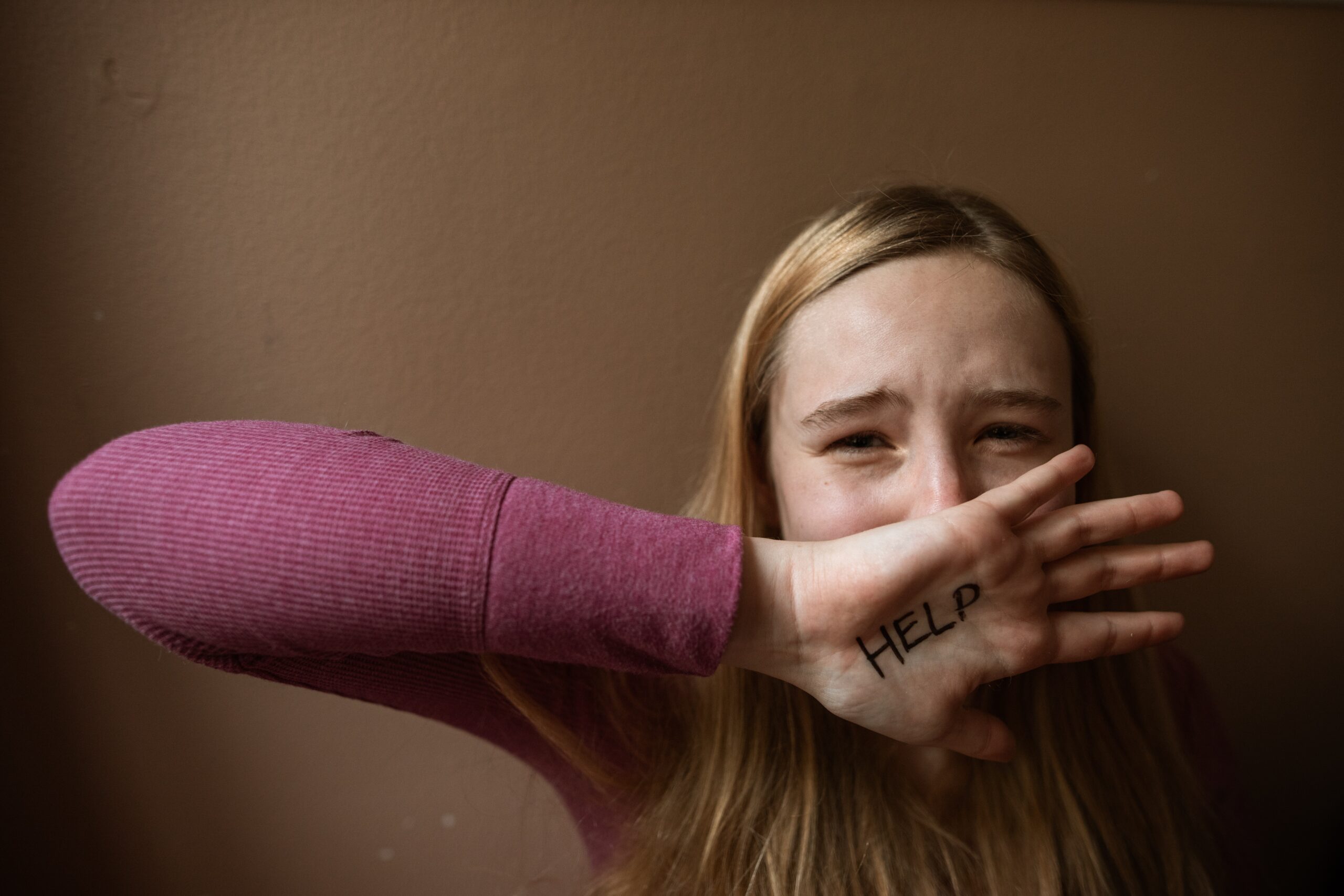![]()
Introduction:
Rape is one of the most heinous offenses which is defined under the Indian Penal Code, 1860. Section 375 of Indian Penal Code (IPC) deals with the rape; it defines it as, “sexual intercourse done with a women against her will, without her consent, by coercion, misinterpretation or fraud or at the time when she is intoxicated or is of unsound mental health and in any case if she is under the age of 18 years”.
The court will decide whether these acts are rape if
- It happens against her will or
- Without her consent.
- She agrees, but only because she or someone she knows is in danger, or
- She agrees, but because she thinks the accused person is her husband, or
- With her consent; when at the time of giving such consent, by reason of unsoundness of mind or intoxication or administration by him personally or unwholesome substance, if she is unable to understand the nature and the consequences of that to which she gives consent, or
- With or without her consent, when she is minor (under 18 years of age).
Marital Rape: Not a Crime
As we all know that, the wife is above 18 years old, and if the husband engages in sex with or her without her consent, then it is not considered as rape.
But in another situation, where, if a couple is married but are living separately, then the ‘marital rape’ exception no longer applies and the husband can be convicted of rape if there is no consent [2]. In this case, the punishment for the husband faces imprisonment for a term between 2-7 years along with a fine.
Crime of Rape and Murder
During a rape, the accused might injure the woman so badly that she dies or goes into a vegetative state; then the punishment for the convicted is a death sentence or jail of 20 years or life imprisonment.
According to the provision, it is clear that the law does not define a ‘persistent vegetative state’. The supreme court defines permanent vegetative state as a person who is alive but does not show any evidence of being aware of one’s environment.
And if a group of people (gang rape) rapes a woman, then, each of them are punishable for committing the crime under Section 376D of IPC. The punishment is rigorous imprisonment of 20 years or life imprisonment.
Amendment to Section 375 of IPC
The criminal law Amendment Act, 2013 was passed in the parliament to amend Section 375. To remove ambiguity in the earlier law and to provide for strict punishment in rarest cases of sexual violence, the legislation expanded; now it defines acts like penetration of the penis into vagina, urethra, anus or mouth, or any object or any part of the body to any extent into the aforesaid woman’s body parts as consulting an offense of sexual assault. Applying mouth or touching private parts of women was also classified as an offence of sexual assault. The amendment is done under Section 375 after the Nirbhaya case; thus this act is also known as Nirbhaya Act 2013.
Punishment
Except in certain aggravated situations, the punishment is imprisonment of not less than 7 years; but it may extend to imprisonment for life and is also liable to fine. Though in aggravated situations, punishment is rigorous imprisonment for a term which shall not be less than 10 years; but which may extend to imprisonment for life, and is also liable to fine.
The Law allows imposing the death sentence when a person is convicted for a second time; i.e., for rape, or rape causing death or resulting in permanent vegetative state, or gang rape under Section 376E of IPC.
Case Law: Nirbhaya Case
Facts:
Where the rape is committed on 16 December 2012, she was a 23-year-old young medical student, she was gang-raped and tortured in a moving bus in Delhi. The gang-raped was committed by six men in the private bus. Where, six men on the bus beat her friend till he was unconscious before attacking the women, and after that, the woman was subjected to a savage assault and tortured with an iron rod before being dumped, dead naked, bleeding and her intestine spilling out. She survived long enough to identify her attackers but died after a few days in Singapore.
Judgment:
The gang-rape was committed by the six men in Delhi. Where, one was a minor and the court send him to juvenile and he was released in 2014, whereas one committed suicide in the jail and the other four had filed a petition in Supreme Court for bail but the Supreme Court dismissed the final petition of the convicts and finally on 17th February 2020 Patiala House Court passed the judgment of hang till death against remaining four convicts and on March 3, 2020, those convicts were hung.
Conclusion
In conclusion, I would like to emphasize that sexual violence poses obstacles to peace and security. It impedes women from participating in peace, democratic processes, in post-conflict reconstruction and reconciliation. By this, many women lose their health, livelihoods, husbands, families, and support networks as a result of rape. Children accustomed to acts of rape can grow into adults who accept such acts as norms. For the person or groups who commit the rape, the best punishment for them is ‘Hang till death’.



0 Comments